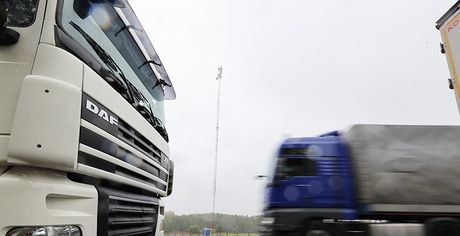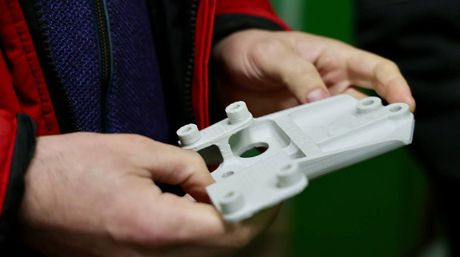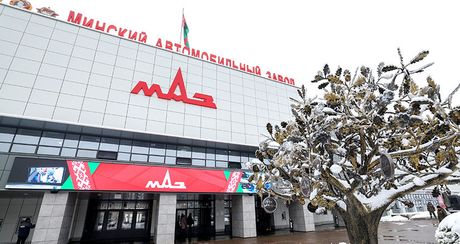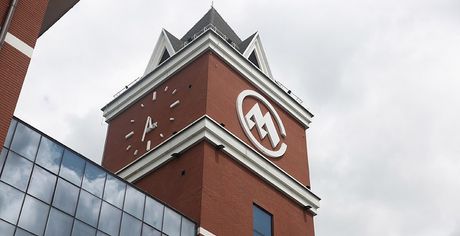Transportation ministry reveals transshipment tariffs through Russian ports
09:13, 24 July
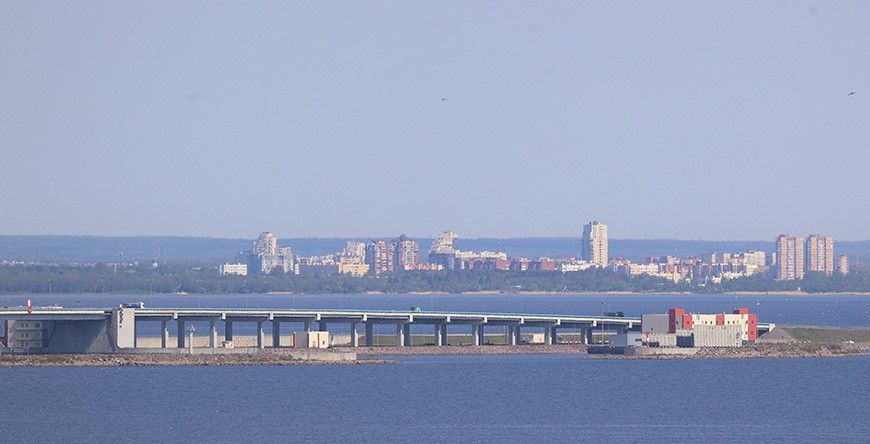
Photo: BelTA
Belarusian First Deputy Transport and Communications Minister Aleksei Lyakhnovich told the Belarus 1 TV channel about transshipment tariffs for Belarusian cargo charged by Russia, BelTA informs.
- Share on Facebook
- Share on VK
- Share on Twitter
Belarus uses Russian ports to transship its export cargo. “Rail transportation tariffs account for a large part of logistics costs- about 60%. Therefore, railway tariffs are the main thing. But transshipment at a port also has an impact on the cost of logistics; it is clear that we use the cheapest routes. We have a joint commission with the Russian Federation to deal with issues related to rail tariffs. This year we have received discounts from 10% to 40% depending on the route. We have also received a discount on certain types of cargo at a large port in St. Petersburg and the biggest discount at the ports of Astrakhan and for the North-South land route towards the Caspian Sea,” Aleksei Lyakhnovich said.
He also touched upon the possibility of building Belarus' own port terminal. “The main criteria is the payback period. If we are okay with the transshipment cost through a particular terminal and through a particular region, plus the project pays off quickly, within 5-7 years, then, of course, it is worth it,” the first deputy minister explained.
According to him, in addition to Russia and China, the main export destinations for Belarusian goods are Latin American and African countries, as well as India. “We sell to nearly all countries with which we maintain friendly relations,” he added.
The task was set to fully load container trains before they go back home after unloading Belarusian cargo. “If we take, for example, China, container traffic from China is very busy, so the trains going from China are loaded, the logistics routes are operating smoothly. As for the new transportation routes to Russian regions, if they buy some cargo from us in bulk, we, in turn, buy Russian goods and bring them to Belarus in the same containers,” Aleksei Lyakhnovich informed.



